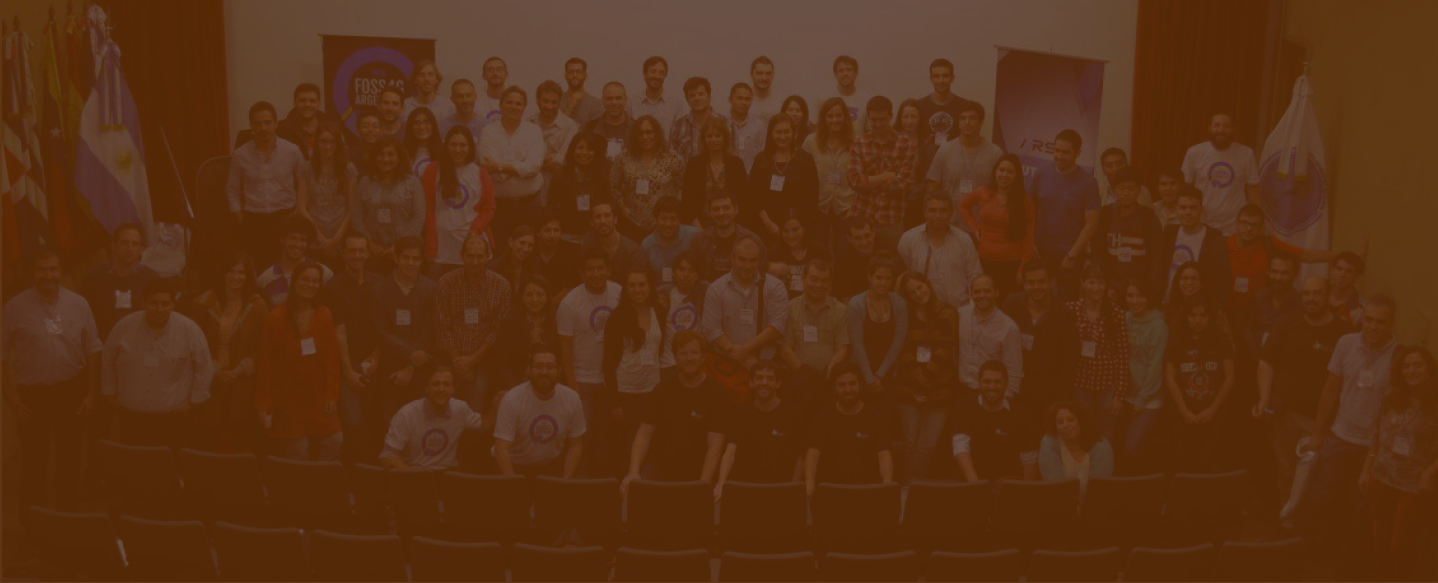2021-09-30, 16:30–17:00, Bariloche
In this talk, we aim to present the geo-spatial.org community efforts of visualizing the geospatial spread of the COVID-19 pandemic in Romania since its beginning in March 2020 until the present time.
Geo-spatial.org’s Covid-19 app, built entirely on FOSS, delivers correct, complete and updated official information on the virus spread in Romania.
Our platform contains several maps and graphs depicting the different dimensions of the pandemic in Romania, ranging from confirmed cases/deaths/healed patients and related statistics, to hospital infrastructure, quarantine zones to pollution/mobility indexes, as well as other impact indicators of this epidemic in our country. Unfortunately, the Romanian authorities have failed in communicating the evolution of the COVID-19, resulting in numerous glitches in different reports. Thus, we have been volunteering our time to collect detailed information from the local/national media, compare it to the official reporting, sort it and deliver it in a structured manner.
One year in the pandemic and the situation has not improved. With a notable, but a too limited exception, the Romanian authorities have not changed their opaque policy of interacting with the community. Thus, the COVID-19 geo-spatial.org team has continued to support the data mapping efforts and the open data community.
The application is built using Node.js, PostgreSQL+PostGIS, R on the backend and OpenLayers, Angular, charts.js, Plotly and D3.js for the frontend. The source code is on GitHub [https://github.com/geospatialorg/covid19], MIT licensed. The infrastructure is supported by Sage Group [http://www.sage.ieat.ro/] on AWS and by Carto.
This talk will cover aspects related to the mapping effort conducted by the geo-spatial.org community along with the collaborators and other volunteers.
We will present our platform functionalities (structure, maps and graphs) and the mapping workflows we use for translating unstructured datasets into cleaned, corrected and ready-to-map data.
We will also indicate the mishaps and issues we encounter on a daily basis and how we overcome them from a technological point of view as well as considering our relationship with the Romanian authorities.
Geo-spatial.org Contributors
Track –Use cases & applications
Topic –Data collection, data sharing, data science, open data, big data, data exploitation platforms
Level –1 - Principiants. No required specific knowledge is needed.
Language of the Presentation –English
Cristina Vrinceanu is a member of the geo-spatial.org community (OSGeo Romania Chapter) and a Charter member of OSGeo since 2019. She is a postgraduate researcher with the University of Nottingham, where she uses satellite imagery to map natural offshore hydrocarbon pollution.

